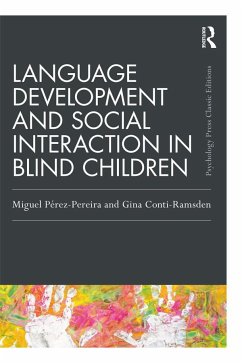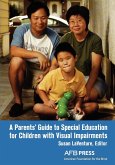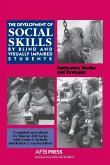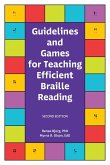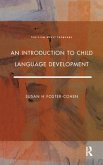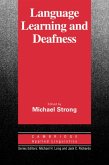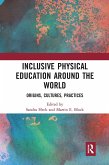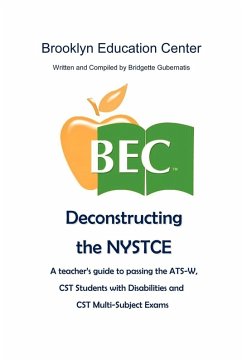The Classic Edition of this foundational text includes a new preface from Miguel Pérez-Pereira, examining how the field has developed since first publication. The volume provides an in-depth account of blind children's developing communicative abilities, with particular emphasis on social cognition and language acquisition from infancy to early school age. It provides insights into why the development of blind children may differ from that of sighted children and explores development of "theory of mind" and perspective taking in language learning. It also discusses the caregiver-child interaction, research on early intervention and practical strategies for blind children that can assist parents and practitioners. The up-to-date preface discusses recent neurological research and the comparison between the psychological development of visually impaired and autistic children.
Language Development and Social Interaction in Blind Children continues to facilitate dialogue between those interested in the study of typically developing children and those interested in the development of children who are blind, and challenges some widely held beliefs about the development of communication in blind children.
Language Development and Social Interaction in Blind Children continues to facilitate dialogue between those interested in the study of typically developing children and those interested in the development of children who are blind, and challenges some widely held beliefs about the development of communication in blind children.
"I was ... pleasantly relieved at the ease with which I read the book ... This is a thought-provoking collection of essays bringing together a great deal of information. It is of immediate interest to those working with the visually impaired and blind but would also interest any professional working with a paediatric language impaired population." - Rebecca Matthews, National Specialist College, Hampshire, in the RCSLT Bulletin 2000
"This is a very important book as it brings together for the first time a comprehensive review of the literature on the development of language in blind children, together with an impressive coverage of the empirical research. Somewhat provocatively, the authors challenge the assumptions and conclusions of some of the highly regarded early and previous researchers who have looked at language development (or aspects of it) in blind children and in so doing, force the reader to question assumptions about the development of language in sighted children as well." - Alison Garton, Health Department of Western Australia
"Researchers, educators, parents, and early childhood specialists will find this book both helpful and enlightening."- Sally Rogow, University of British Columbia, Contemporary Psychology
"This is a very important book as it brings together for the first time a comprehensive review of the literature on the development of language in blind children, together with an impressive coverage of the empirical research. Somewhat provocatively, the authors challenge the assumptions and conclusions of some of the highly regarded early and previous researchers who have looked at language development (or aspects of it) in blind children and in so doing, force the reader to question assumptions about the development of language in sighted children as well." - Alison Garton, Health Department of Western Australia
"Researchers, educators, parents, and early childhood specialists will find this book both helpful and enlightening."- Sally Rogow, University of British Columbia, Contemporary Psychology

